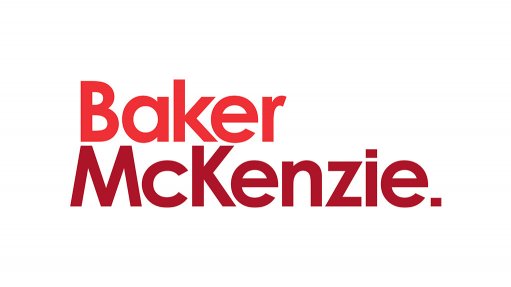
The Kenyan Government, in its latest Finance Act 2022, has enacted some key changes in the area of direct tax, including an important update on the country-by-country (CbC) reporting threshold for multinational companies.
What is country-by-country reporting?
Corporates and connected persons, such as groups of companies and multinational entities (MNEs) usually face complex compliance risks. To address the potential gaps and mismatches in various tax systems globally, the Organization for Economic Co-operation and Development (OECD) introduced Action 13 CbC reporting as part of its Base Erosion and Profit Shifting (BEPS) Action Plan. Under BEPS Action 13, MNEs are required to prepare a CbC report with aggregate data on the allocation of income, profit, taxes paid and economic activity amongst all the jurisdictions in which they operate. This report must be shared with the tax administrations in these jurisdictions, for use in high-level transfer pricing and BEPS risk assessments. Part of the solution provided by Action 13 is to require countries to adopt legislation dealing with the filing of CbC reports in their jurisdiction.
Finance Act 2022 updates of CbC
The Kenyan Government has introduced a threshold for CbC reporting with the effect from 1 January 2023. The threshold introduced in the Finance Act is for companies with gross revenues of KES 95 billion (EUR 790 million approximately) or more, including extraordinary and investment income. From 1 January 2023, a parent entity or a constituent entity of a MNE group that is tax resident in Kenya, and that has a gross turnover of over KES 95 billion, will be required to file a CbC report of its financial and economic activities in Kenya, as well as all other jurisdictions in which the MNE has a taxable presence.
The report must contain all information of the group's aggregate revenue, profit or losses before tax, income tax paid, income tax accrued, accumulated earnings, number of employees, tangible and intangible assets, cash and cash equivalents and any other information as requested by the Kenya Revenue Authority (KRA).
Information to be contained in the master and local bundle
The Finance Act requires a master file that must contain the following:
- A detailed overview of the group and the group's growth engines.
- A description of the supply chain of the key products and services.
- The group's research and development policy.
- A description of each constituent entity's contribution to value creation.
- Information about intangible assets and the group intercompany agreements associated with them.
- Information on any transfer of intangible assets within the group during the tax period, including the identity of the constituent entities involved, the countries in which those intangible assets are registered and the consideration paid as part of the transfer.
- Information about financing activities of the group.
- The consolidated financial statements of the group.
- Tax rulings made in respect of the group.
- Any other information requested by the KRA.
The local file must contain:
- Details and information of the resident constituent activities within the multinational enterprise group.
- The management structure of the resident constituent entity.
- Business strategies, including structuring, description of the material-controlled transaction, the resident. constituent entity's business and competitive environment.
- International transactions concluded by the resident constituent entity.
- Amounts received by the entity.
- Any other information requested.
Exceptions to the CbC report filing requirement
The Finance Act provides certain exceptions to the filing requirements for a resident constituent entity of an MNE group. If a non-resident surrogate parent entity already files a CbC report for the group with the tax authorities of its tax jurisdiction, the jurisdiction in which the non-resident surrogate parent entity is resident requires a CbC report in terms of its domestic legislation, under the following conditions:
- The tax authorities of the jurisdiction where the non-resident surrogate parent entity have an exchange of information agreement with the KRA.
- The tax authority in the jurisdiction where the non-resident surrogate parent is resident has not notified the KRA of a systematic failure.
- The non-resident parent entity has notified the competent authority in the jurisdiction of its tax residence and that the entity is the designated surrogate parent entity of the group.
Concluding remarks
The reporting requirements brought by the Finance Act 2022 are consistent with the OECD's BEPS Action Plan 13 guidelines and the three-tiered documentation approach, which is relevant to the reporting of related-party transactions and aligns with the four minimum standards under the OECD’s BEPS project.
It is important for parent entities of MNEs operating in Kenya to note the additional compliance burden which is imposed by this new legislative update. Multinationals that would be affected by the new legislative update should review their current transfer pricing documentation and compliance processes to ensure that they are in line with the new reporting requirements under the Finance Act 2022, by 1 January 2023. Failure to comply with the CbC reporting requirements will be an offense in Kenya and subject to a fine not exceeding KES 1 million (EUR 8200 approximately), a prison term not exceeding three years, or both, upon conviction.
Written by Francis Mayebe, Candidate Attorney, overseen by Virusha Subban, Partner and Head of the Tax Practice, Baker McKenzie Johannesburg